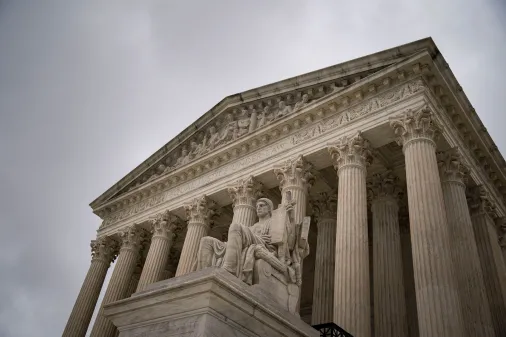Blistering Wyden letter seeks review of federal court cybersecurity, citing ‘incompetence,’ ‘negligence’

Sen. Ron Wyden on Monday urged Supreme Court Chief Justice John Roberts to seek an independent review of federal court cybersecurity following the latest major hack, accusing the judiciary of “incompetence” and “covering up” its “negligence” over digital defenses.
Wyden, D-Ore., wrote his letter in response to news this month that hackers had reportedly breached and stolen sealed case data from federal district courts dating back to at least July, exploiting vulnerabilities left unfixed for five years. Alleged Russian hackers were behind both the attack and another past major intrusion, and may have lurked in the systems for years.
“The federal judiciary’s current approach to information technology is a severe threat to our national security,” Wyden said. “The courts have been entrusted with some of our nation’s most confidential and sensitive information, including national security documents that could reveal sources and methods to our adversaries, and sealed criminal charging and investigative documents that could enable suspects to flee from justice or target witnesses. Yet, you continue to refuse to require the federal courts to meet mandatory cybersecurity requirements and allow them to routinely ignore basic cybersecurity best practices.”
That, Wyden said, means someone from the outside must conduct a review, naming the National Academy of Sciences as the organization Roberts should choose.
The Administrative Office of the U.S. Courts said on Aug. 7 that it was taking steps to improve cybersecurity “in response to recent escalated cyberattacks of a sophisticated and persistent nature on its case management system,” but was vague about specific changes. In that statement the office touted its collaboration with Congress and federal agencies about cyber defenses.
But Wyden said in his letter the judiciary “stonewalls” congressional oversight. He cited another intrusion in 2020, revealed by then-House Judiciary Chair Jerrold Nadler, D-N.Y., by “three hostile foreign actors,” where Wyden said the judiciary still hasn’t said what happened.
“There is no legitimate need to keep Congress or the public in the dark about that incident so many years later,” Wyden wrote. “I strongly suspect that the judiciary is covering up its own negligence and incompetence which resulted in the security vulnerabilities that the hackers exploited.”
Wyden especially faulted the courts for its slow, under-reliance on strong multifactor authentication, saying the variety the judiciary adopted was not phishing-resistant.
“The glacial speed with which the federal judiciary adopted this inferior cyberdefense, years after government agencies and businesses have migrated to superior solutions, highlights the fact that the judiciary’s cybersecurity problems are not technical, but rather, are the result of incompetence and the total absence of accountability,” he said.
The press office for the Supreme Court did not immediately respond to a request for comment on Wyden’s letter.






